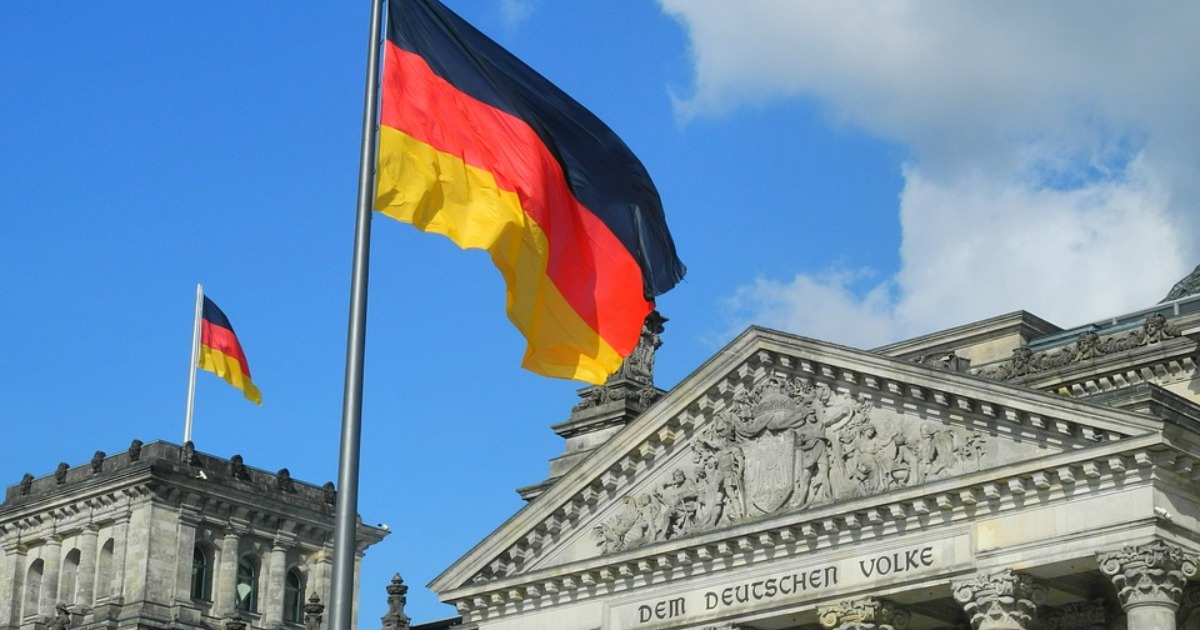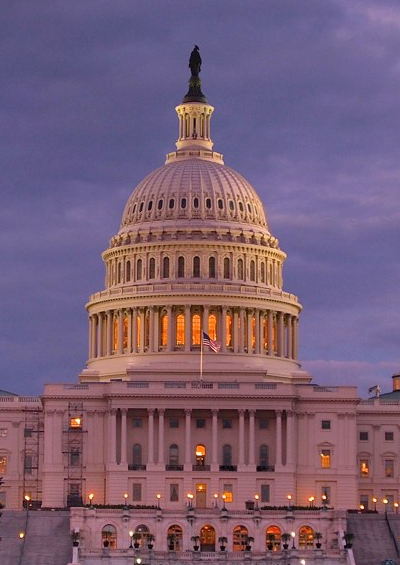Germany’s Special Responsibility for Hong Kong
Why we must defend Hong Kong’s freedom like West Berlin’s in its day.
June 8, 2020

For all the attention currently fixated on the protest wave in the United States after the killing of George Floyd in Minneapolis, the eyes of the free world must remain firmly focused on Hong Kong.
Beijing makes its move
Utilizing the coronavirus crisis for its own political purposes, the Chinese government moved to deprive the former British crown colony of its autonomy, which it had previously formally agreed to guarantee until 2047.
A new “security law” aims to hollow out Hong Kong’s legal independence and enable the Communist Party of China to detain anyone it regards as undesirable for allegedly inciting separatism, conspiracy or dishonoring the symbols of the state.
Beijing is prepared to enforce this law by bypassing the Hong Kong parliament and is even ready to deploy its own security forces within Hong Kong.
In effect, all of these moves together spell the end for the “one country, two systems” principle.
Elections looming
Elections are due to take place in Hong Kong in September. The camp loyal to Beijing suffered a bitter defeat in the regional elections in November 2019: 17 out of 18 districts went to the democracy camp.
Last fall, after months of protest involving as many as two million of the metropolitan area’s residents, the people of Hong Kong sent a clear message.
They resoundingly rejected what would have been, in effect, a handover decree that would have opened the way for a steady trickle of political persecution from Beijing.
Exodus from Hong Kong
Not surprisingly, the exodus from the city has already begun. The Hong Kong stock exchange has collapsed. There was a fourfold increase in the number of online searches using the term “emigration” after reports on the security law filtered through to the public. Large numbers of activists have fled to neighboring Taiwan.
Xi Jinping is demonstrating yet again how far he is prepared to go with his authoritarian restructuring of the Chinese system.
For all the discussions in Europe in general and in Germany in particular on how to interact with China, this is a time to send clear messages and act based on principles.
Yes, there is systems competition
We are clearly in a new era of inter-systemic competition with the Chinese. That is not some “anti-Chinese” view held by a Westerner, it is reality.
It is also how the Chinese leadership itself looks at the situation. It would be naive if we didn’t take their assessment at face value.
Germany’s special responsibility
There are often calls on the Germans to show more political leadership. This is a moment where we need to step up to the plate.
Of course, the temptation is great to subordinate concerns about freedom, rights and the law to commercial considerations. China is an important customer of German industry.
Hong Kong today = West Berlin of 1948
What is already clear, however, is the significant role played by Hong Kong in this competition — one which is comparable to West Berlin’s role in a very different inter-systemic competition last century.
Anyone who cares about freedom cannot be indifferent to the fate of Hong Kong. Ernst Reuter’s words “People of the world, look upon this city!” resonate today.
Europe’s options
Europe must act — and its aim must be to divert Beijing from its plans or at last weaken them. There are two main ways to take action:
1. The European Commission under President Ursula von der Leyen and the German government, with Chancellor Merkel and Foreign Minister Maas, must adopt an unequivocal position here.
It is high time to stand with Australia, Canada and Great Britain, which promptly issued a joint statement.
The Chinese Communist Party needs to know that the world is not closing its eyes to this egregious power grab and that its credibility is suffering.
Anyone who breaks their word and breaches international law on this key issue can hardly be regarded as a credible partner for cooperation on other issues.
Welcoming Hong Kong’s citizens
2. Hong Kong’s citizens need a clear message that we stand with them as part of the free world.
The United Kingdom is already considering granting all Hong Kong citizens, at least those born before 1997, permanent residence in Great Britain. Their British National (Overseas) passport currently gives them only limited residence rights.
Germany and other European Union countries should do the same and offer well-qualified and cosmopolitan citizens of Hong Kong the prospect of being able to live in freedom in Germany and other member states.
This would not only be an immigration policy gain for all of us. It would also send a strong signal to Beijing. Start-up entrepreneurs, scientists and many people working in education and business in highly-developed Hong Kong are now compelled to seek a future outside their homeland.
Even if this offer cannot convince Beijing of the ill-advisedness of its move on Hong Kong’s freedoms, we owe it to the people affected by this move to offer them a concrete perspective of living and working on our shores.
Takeaways
For all the attention fixated on the protests in the US after the killing of George Floyd, the eyes of the free world must remain firmly focused on Hong Kong.
The Chinese Communist Party needs to know that the world is not closing its eyes to the power grab in Hong Kong and that its credibility is suffering.
Germany should offer Hong Kongers permanent residence. This would be an immigration policy gain for all of us and would send a strong signal to Beijing.
There are often calls on the Germans to show more political leadership. This is a moment where we need to step up to the plate.
The UK is considering granting all Hong Kong citizens -- at least those born before 1997 -- permanent residence in the country.
